Home alone
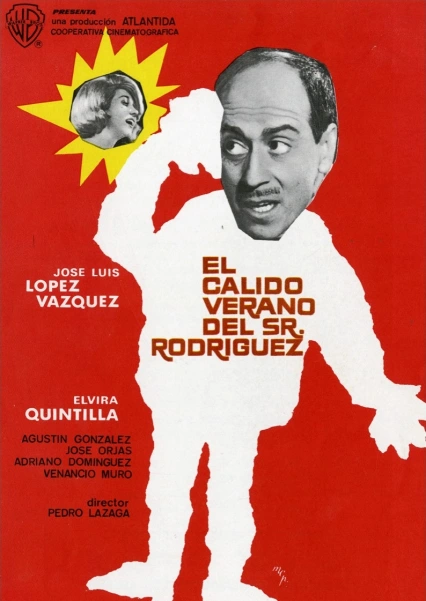
This summer finds me home alone or, as the Spanish would say, “de Rodríguez”. With my husband off on holiday, I’ve been left free to roam the sizzling streets of Madrid, to stay out late, to daydream and to wonder exactly where this phrase “estar de Rodríguez” came from.
My research first took me to the mildly titillating film El cálido verano del señor Rodríguez (Mr Rodríguez’s Hot Summer). In this 1965 flick, said señor is left to his own devices in Madrid when his wife and kids head for the cool of a nearby mountain retreat. In short, he is, “de Rodríguez”: free to enjoy the summer at home alone.
Second home in the sierra
In a Madrilenian tradition that goes all the way back to Felipe II, the Rodríguez family owns a second home in the nearby Sierra de Guadarrama mountains. Here, temperatures are significantly cooler, especially at night, making it the perfect place to retreat from the suffocating summer heat of the city.
While Felipe, of course, had the gigantic palace of El Escorial to while away his summers in, well-heeled Madrilenians have more modest abodes. Second homes never come cheap and, like many of his contemporaries, Señor Rodríguez must continue to slave away in the city during weekdays to afford this luxury.
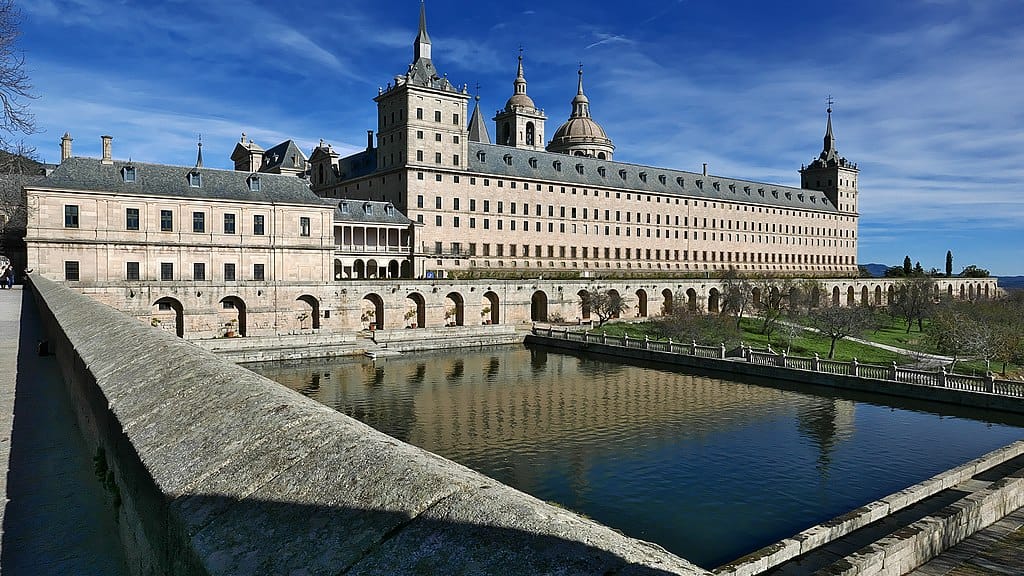
Steamy summers
So what does a red-blooded man do when he’s consigned to such a fate? He pretends he’s single again and begins to dream of starting a steamy affair. It’s a plot that’s almost identical to The Seven Year Itch even down to the ending in which Mr Rodríguez decides not to follow through and sensibly goes back to his wife in the cool of his mountain retreat.
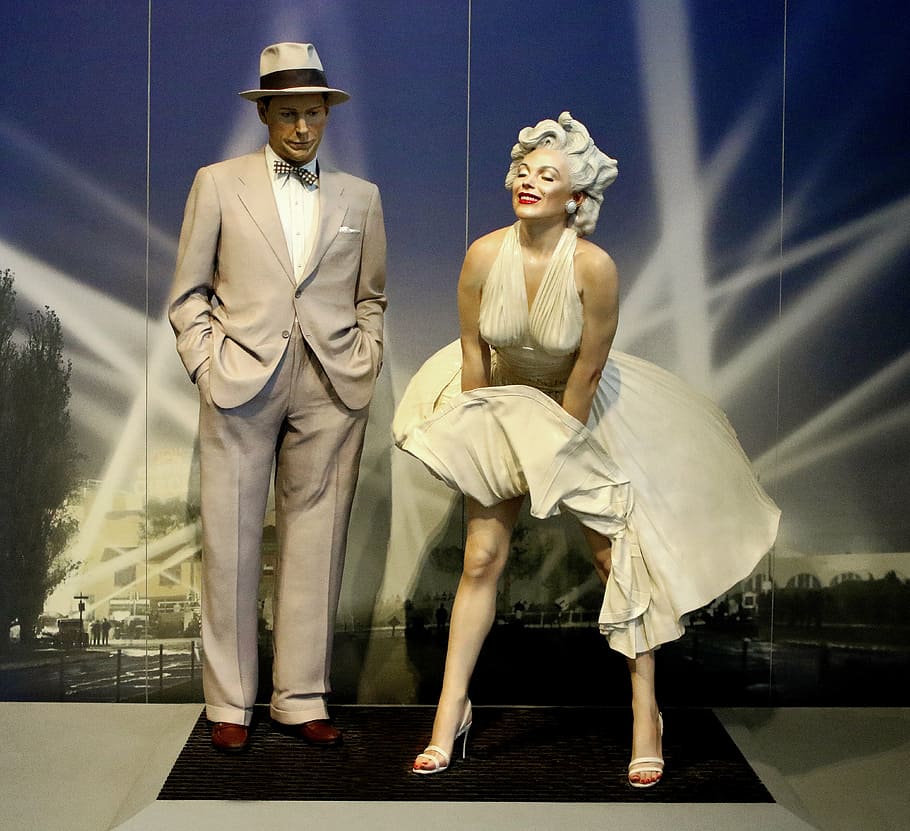
Unlike Billy Wilder’s creation, the Spanish film flopped. This was probably down to the fact that the Spanish version was pretty staid. Nobody’s dress was going to fly up around their ears – as happened to the hapless Marilyn Monroe in Billy Wilder’s movie.
Censorship in the cinema
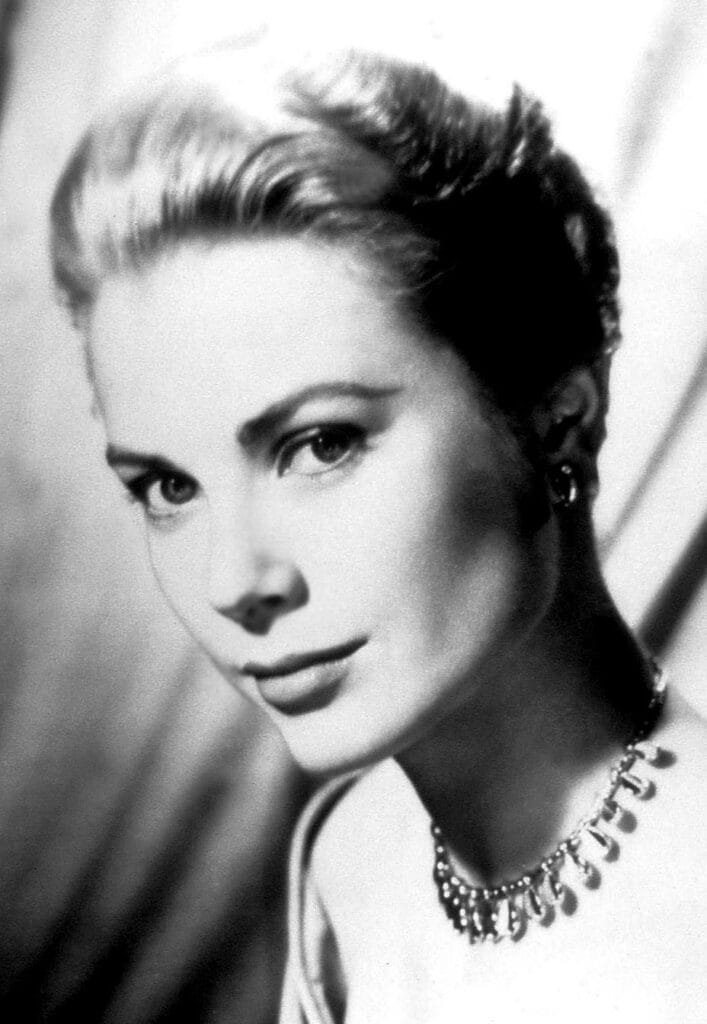
Cinema under the Spanish dictatorship was incredibly tame and even though foreign movies were shown they were often altered to align with Catholic values. Cleavages in American film posters were painted over and dubbed over dialogue changed. In the 1953 film Mogambo, Grace Kelly cheats on her husband with Clarke Gable. As this kind of dalliance was considered immoral under Franco’s regime, in the Spanish version her husband becomes her brother leaving her free to have a romance out of wedlock with Gable!
With extramarital fun very much off the cards, Mr Rodríguez’s Hot Summer never really sizzled enough to properly sear itself into the public consciousness. In fact, according to El Mundo, the phrase appeared in print a year before the release of the film proving it hadn’t entered the lexicon because of the movie.
The end of the dictatorship
Another movie released a decade later did far more to popularise the phrase. In July 1975, just months before Franco breathed his last, Three Swedish Babes for Three Rodríguez (Tres suecas para tres rodríguez) hit the cinemas. Though the film has a similar initial setup, with Rodríguez left to his own devices, it soon takes a more interesting turn in a plot that involves blonde Swedish babes in bikinis, the beach and drug deals. Unsurprisingly, this made a much bigger impression on a Spanish public hungry for a bit of action after years of repressive rule.
Summer in Madrid
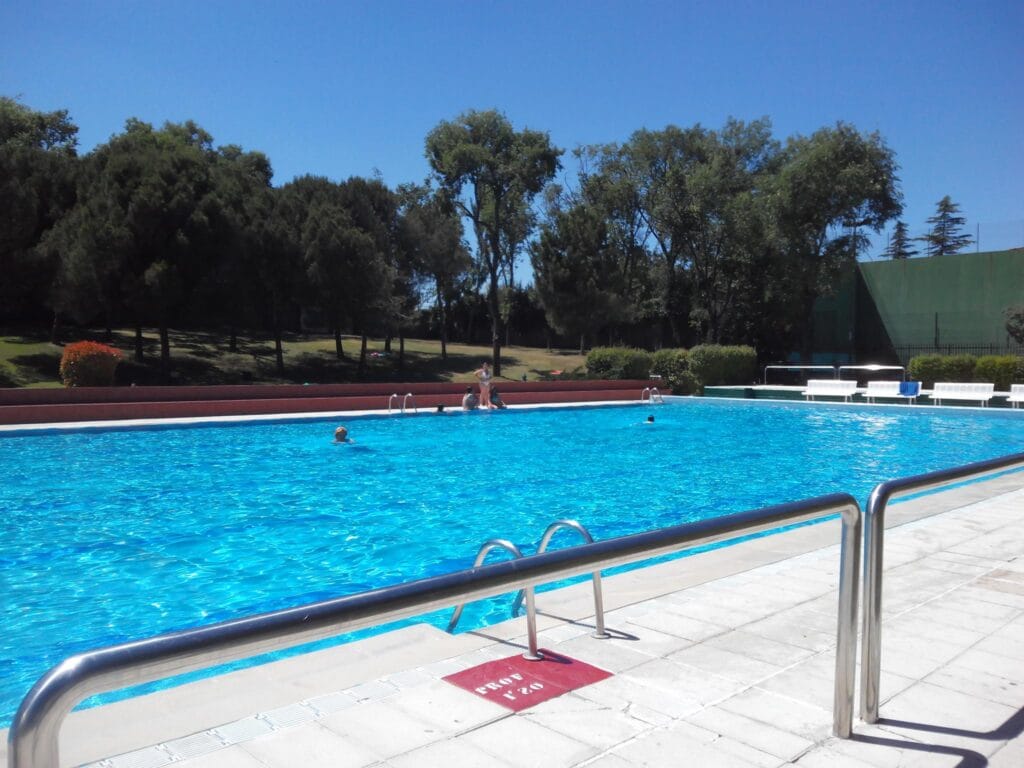
Much has changed, of course, since that time and now families in Madrid are largely double income with the wife sharing the increasingly heavy economic burden of a soaring cost of living. However, those that can afford it still decamp to the mountains or to the beach. Happily, companies are now a bit more generous with annual leave, meaning families can go together.
Once they leave, the oven-hot streets of Madrid get a lot less crowded and this is one of the nicest things about summer in Madrid: the city can be blissfully quiet. Personally, I like nothing more than wandering around the streets in the mornings when the cool breeze coming from the Sierra de Guadarrama brings temperatures down to bearable levels. Once things heat up, I like to explore Madrid’s excellent museums or hit a public pool. However, my very favourite thing to do in summer is to wait until after dark to go to one of Madrid’s many outdoor cinemas. Now, happily, film is uncensored and pretty much anything goes!
Are you visiting Madrid this summer? I can show you the sites and help you get the best out of the city. As well as writing this blog, I’m the author of Lonely Planet’s Pocket Guide to Madrid. Get in touch to discuss prices. Get in touch for more information.
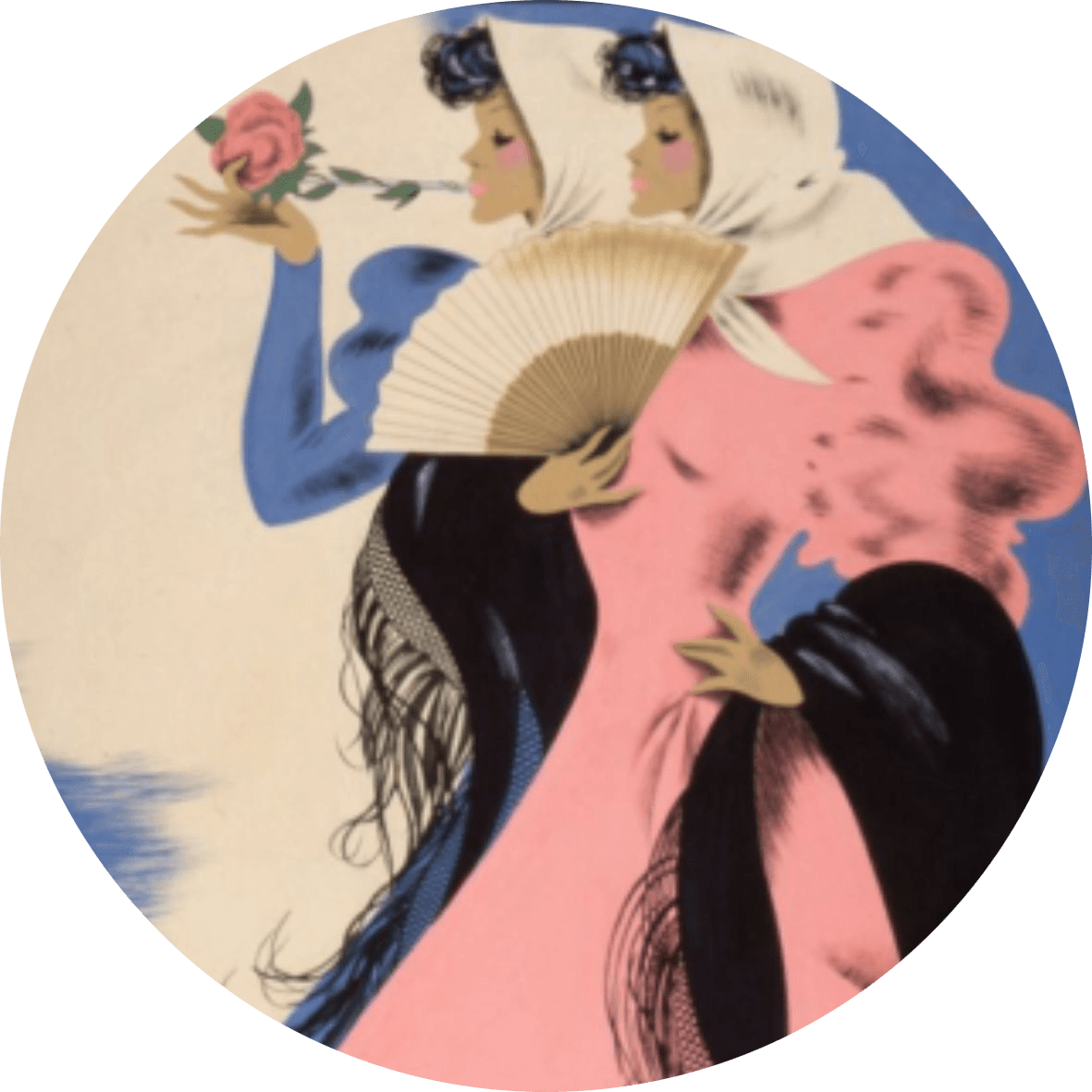
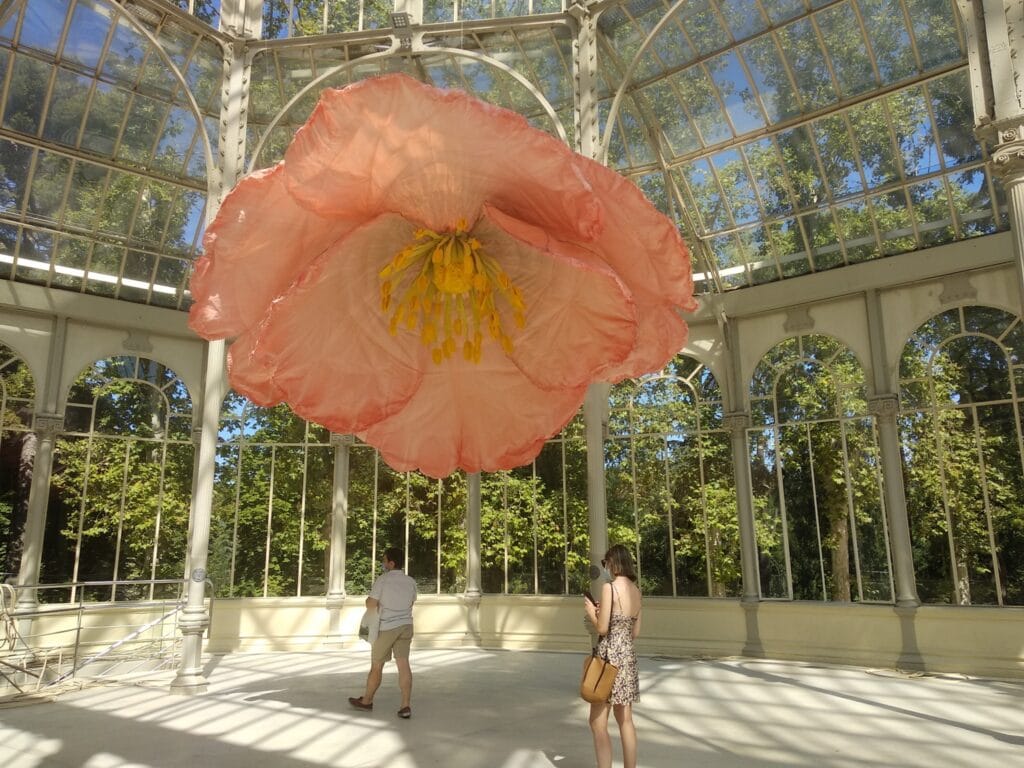
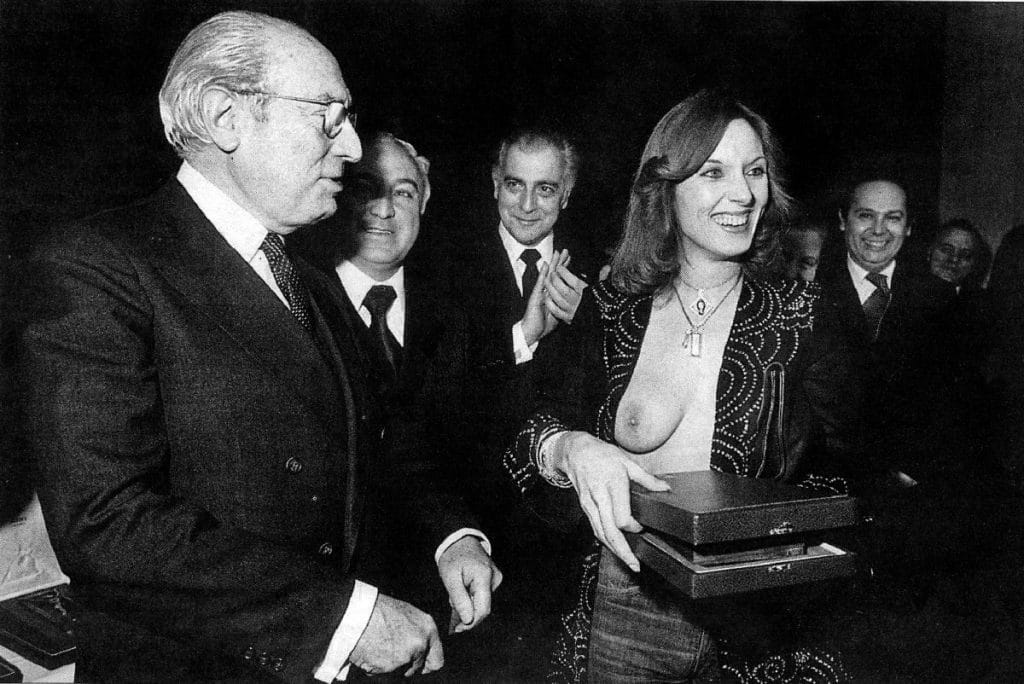
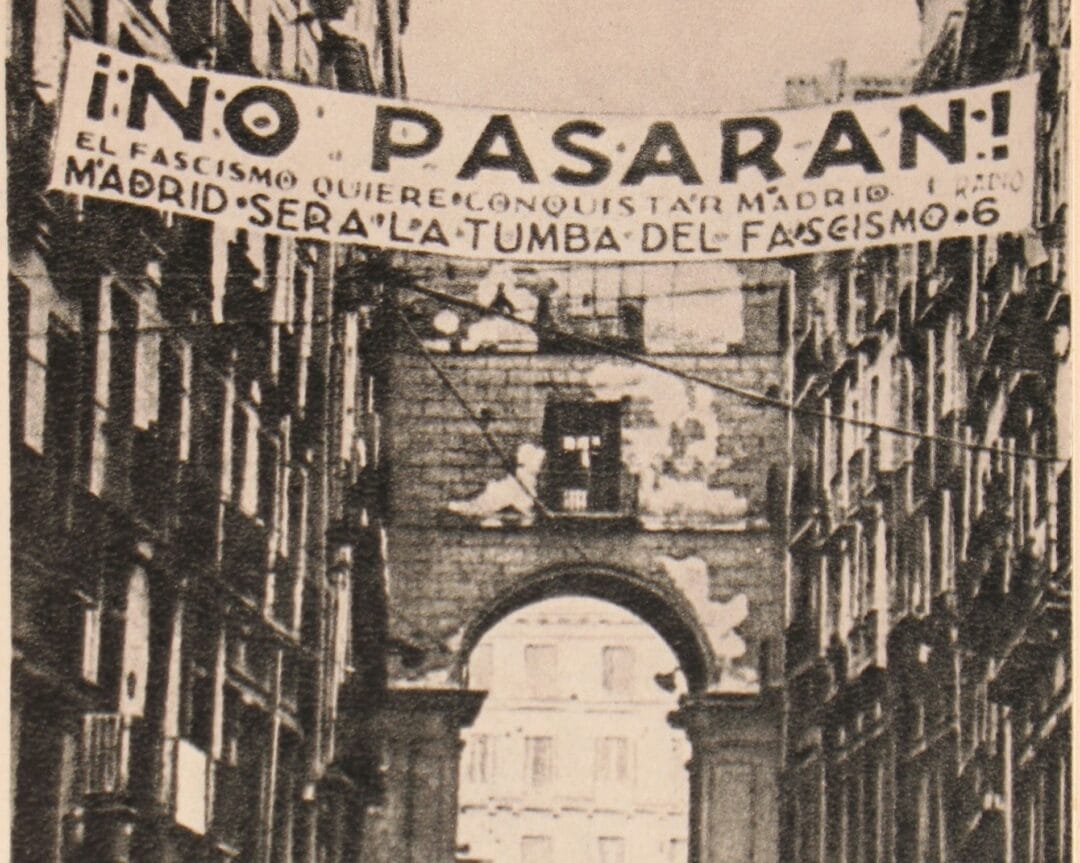
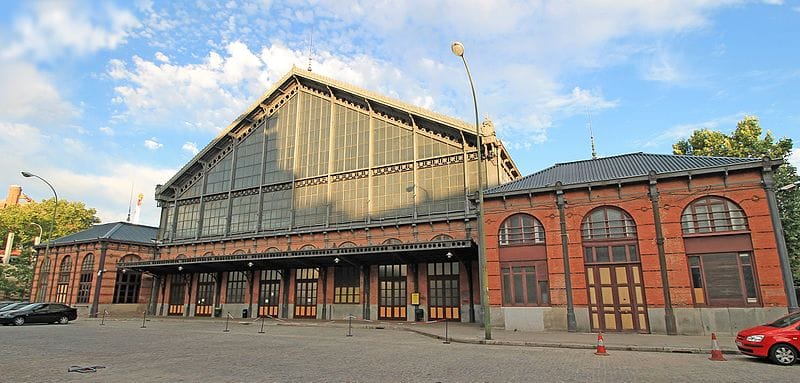
Pingback: How to Survive Summer in Madrid - The Making of Madrid